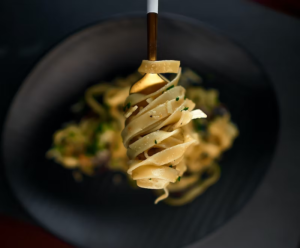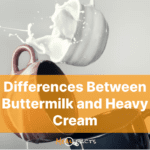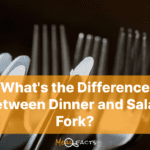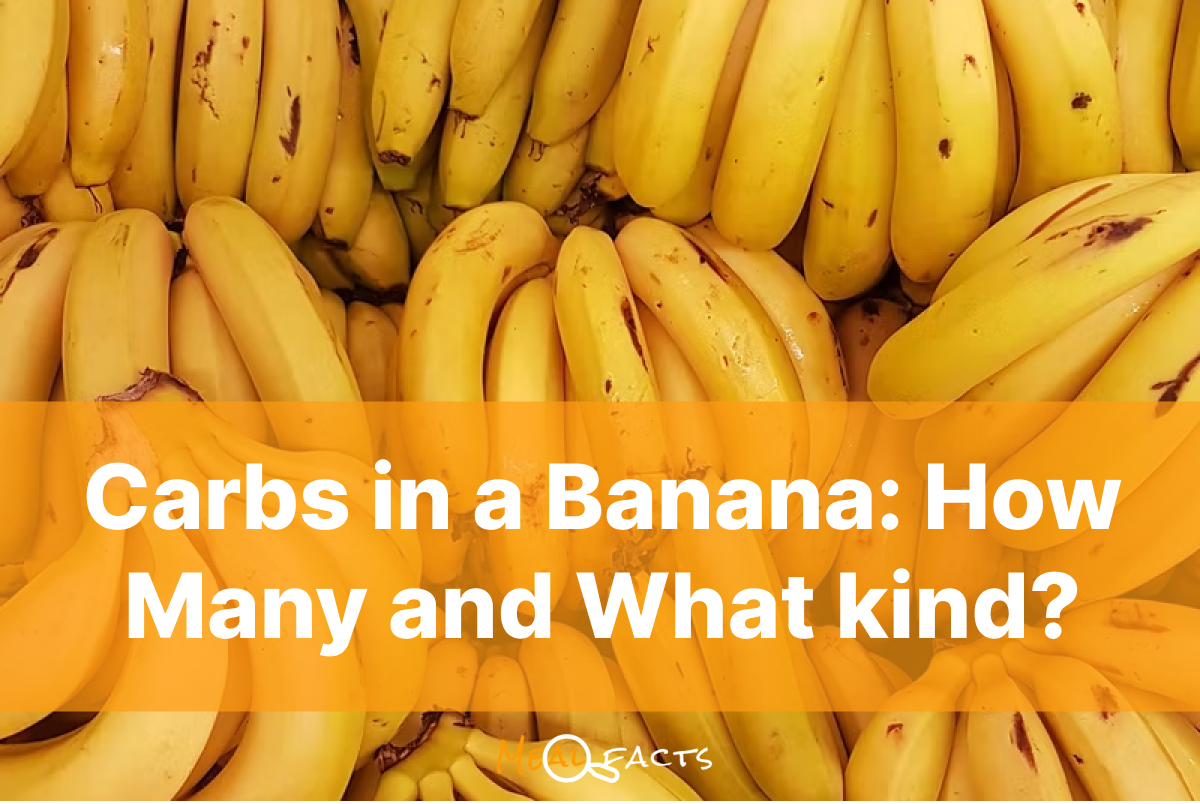
Carbs in a Banana: How Many and What kind?
Banana is one of the most popular fruits in the world, and it’s not hard to see why. They’re portable, have multiple uses, and are basically zero-calorie indulgences (provided you don’t smother them in high-calorie toppings).
Carbs in a banana are a great way to fuel up before a workout or when you’re feeling sluggish. A banana has about 20 grams of carbs and 5 grams of protein. These nutrients will help you stay energized and focused during your workout. Additionally, eating a banana before a workout can help you avoid getting sick because of the good bacteria that is found in the fruit.
Table of Contents
Carbohydrates 101
Carbohydrates are one of the three macronutrients (along with fat and protein) and are found in many different foods. A banana contains about 25 grams of carbs, which is mostly made up of sugar and fiber. The type of carbs in a banana are complex carbs, which means they take longer to digest. This is why bananas are a good source of energy
Carbohydrates are essential
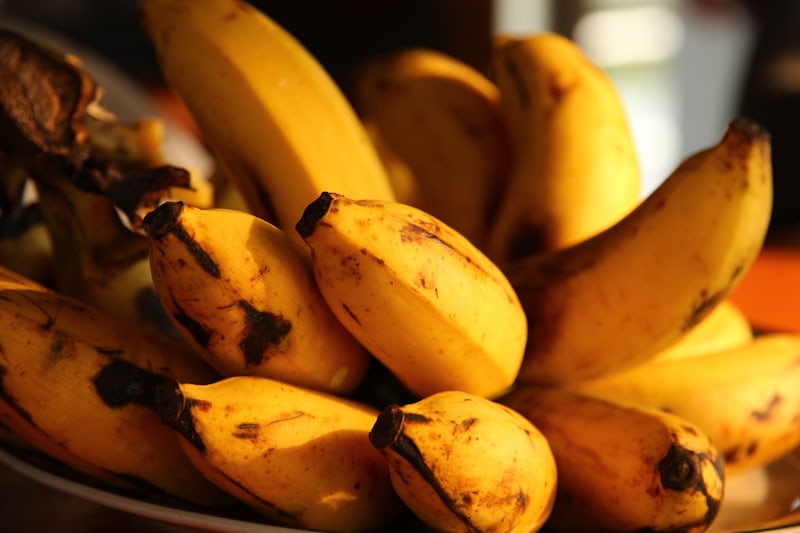
Carbs are essential for the body to function. They are the body’s main source of energy and are necessary for proper muscle function. Carbs are found in a variety of foods, including fruits, vegetables, grains, and dairy products. A banana is a good source of carbs, with about 27 grams per medium-sized fruit.
Just how many carbs are in a banana?
A medium-sized banana has about 27 grams of carbs. All of those carbs come from natural sugars and starch. There are no added sugars in a banana. The glycemic index for a banana is around 25, which is considered low. That means that eating a banana shouldn’t cause huge spikes in blood sugar levels. If you’re on a low-carb diet, bananas may not be the best fruit to choose because they have so many carbs. They should be eaten sparingly or avoided altogether if you’re trying to limit your carb intake to under 20 grams per day.
Macronutrients and micronutrients
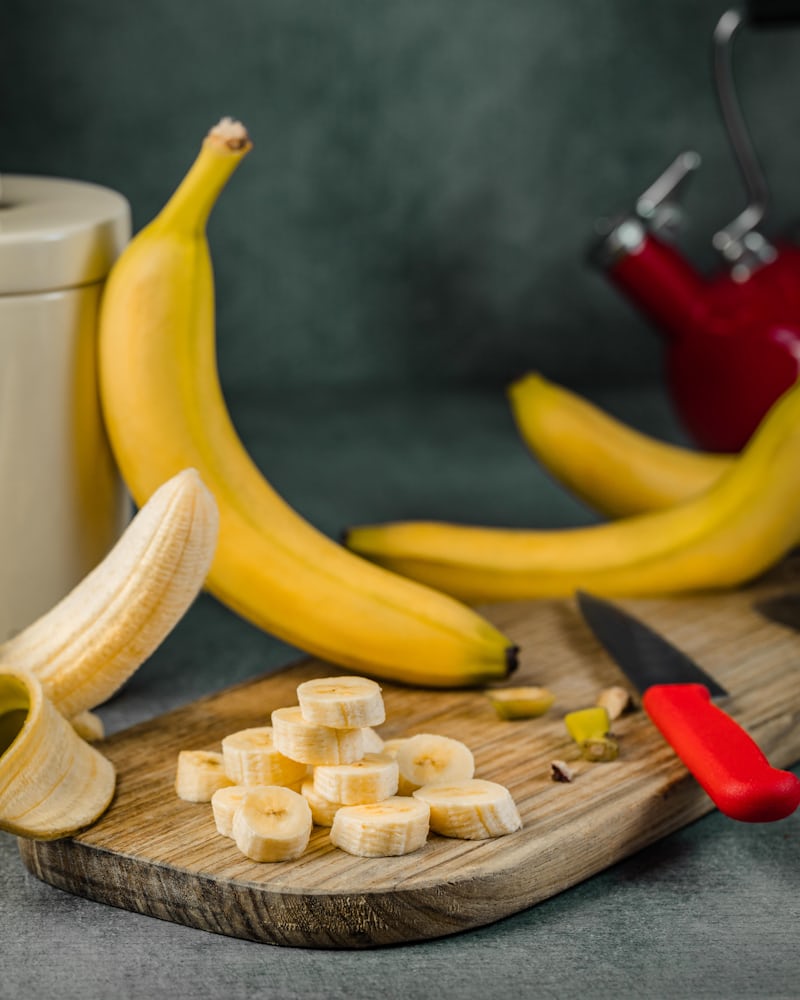
All living things need the energy to grow, move, and perform their daily functions. This energy comes from macronutrients like carbohydrates, fats, and proteins. Bananas are a great source of carbohydrates. In fact, one small banana has about 23 grams of carbs. Carbs are made up of three main components: fiber, starch, and sugar. Fiber is an indigestible form of carbohydrate that helps keep your digestive system healthy by providing bulk to stool and moving it through the intestines more quickly. Starch is broken down into glucose (sugar) during digestion. The sugars you consume provide the cells with fuel that they use for energy. Sugar intake can cause blood sugar levels to rise quickly which causes the pancreas to release insulin. Insulin is used by cells as a key to enter the bloodstream so they can use blood glucose for fuel but too much insulin can cause blood sugar levels to drop quickly which results in hunger pangs or fatigue if too low.
Also Read: The 8 Worst Foods for Your Skin
Is there gluten in bananas?
There is no gluten in bananas. Bananas are a fruit that contains natural sugars, fiber, and carbs. The average banana has about 27 grams of carbs, which consists of both simple and complex carbs. Gluten is found in wheat, rye, and barley, which are all grains that bananas are not. You might have noticed the word complex being used to describe the type of carbs that you can find in a banana. Complex carbohydrates can be broken down more slowly by your body than simple carbohydrates because they contain many more nutrients such as vitamins, minerals, and dietary fiber. In fact, some studies have shown that the consumption of high-fiber foods like fruits and vegetables may help to lower cholesterol levels while promoting weight loss due to the increased sense of fullness after eating them (1). Simple carbohydrates do not contain these nutrients so you would need to consume more calories to reach the same level of fullness as when consuming fruits or vegetables with higher amounts of fiber.
Also Read: Different Ways to Make Protein Oatmeal
Should you eat bananas if you are trying to lose weight?

Though bananas do contain carbs, they are also packed with nutrients like fiber, vitamin C, and potassium. Plus, they can help you feel fuller longer and are a great source of energy. So, if you are trying to lose weight, you can still enjoy bananas as part of a healthy diet. Just be sure to keep an eye on your portion size. One medium banana contains about 27 grams of carbohydrates, which is the equivalent of one serving. If you’re having two servings, limit it to once per day and make it at night because bananas are more likely to cause indigestion when eaten close to bedtime. And since there are about 108 calories in one banana, make sure that you’re eating other foods too so that the total number of calories doesn’t get too high for the day.
Also Read: Is Toast Healthy Breakfast? Find Out Here!
Do unripe bananas have more sugar than ripe ones?
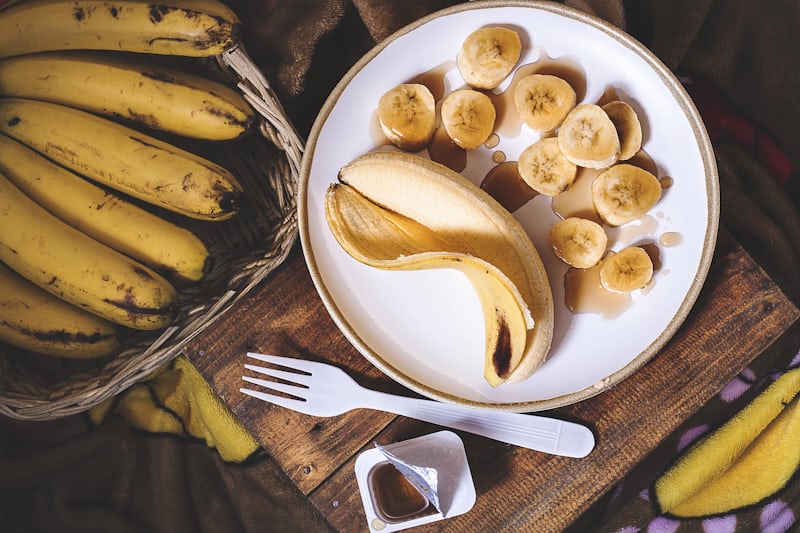
Green, unripe bananas have a higher starch content than ripe bananas. When bananas ripen, the starch turns into sugar, which is why ripe bananas are sweeter than green ones. A medium-sized banana has about 27 grams of carbs, including 3 grams of fiber and 14 grams of sugar. The glycemic index (GI) for unripe bananas is 56 while the GI for ripe bananas is 49. The GI measures how quickly food enters your bloodstream, with foods that cause a spike in blood sugar listed as high GI and foods that produce a slow rise listed as a low GI. Your best bet is to eat fruit that’s fully ripe, such as apples or peaches.
Conclusion
All told, a banana has about 27 grams of carbs. That includes 3 grams of fiber and 14 grams of sugar. A small percentage of the carbs in a banana is starch. The rest are sugars, including sucrose, fructose, and glucose. But not all of these three types of sugars have the same effect on blood sugar levels.
For example, an equal amount of fructose and glucose will cause a greater rise in blood sugar than an equal amount of sucrose (table sugar).
But there’s no reason to avoid bananas because they’re high in natural sugars that can be part of a healthy diet for people with diabetes or pre-diabetes.


